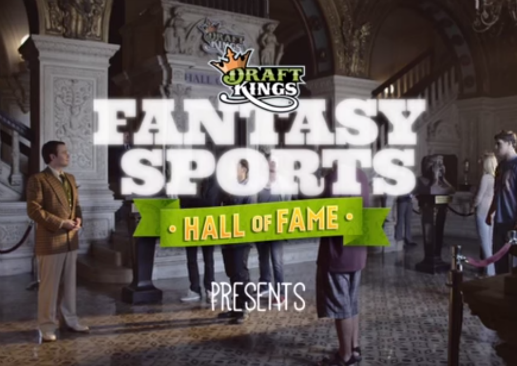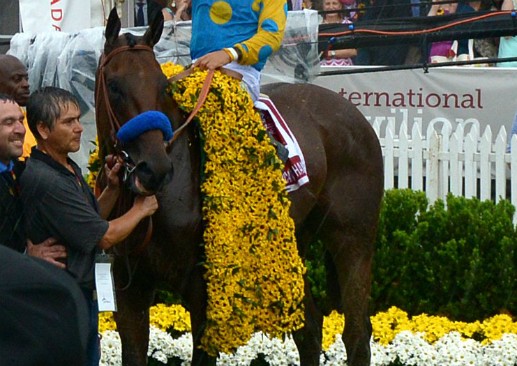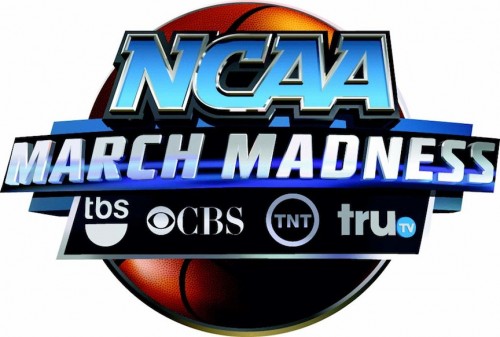For anyone betting on the continued growth of fantasy sports, this past Sunday was a day of celebration as Walt Disney Company invested $250 million in DraftKings.
DraftKings, one of two major fantasy sports sites that have real money at stake, is now valued at approximately $900 million. The story was broken by the Wall Street Journal and has big implications for the rapidly growing sports business.
Not too long ago, a major company like Disney investing hundreds of millions of dollars into a company like DraftKings was unthinkable, because its operations weren’t technically legal.
That changed in 2006, when a federal law prohibiting online gambling such as poker left out fantasy sports. This allowed for-cash fantasy sports entrepreneurs to create companies like DraftKings and its rival FanDuel.
For those that are unfamiliar with fantasy sports, here’s a quick primer.
Fantasy leagues do not traditionally involve cash prizes, and are usually found on sites like ESPN, Yahoo and CBS.
Before the start of each major sports league’s season (NFL, NBA, MLB and NHL) users pick players that they think will perform well in a mock draft with friends or anonymous people.
Each week, users face off against other teams in their league and the winner is determined by the statistical performances of each of their players. At the end of the season, a winner from each fantasy league is crowned based on how many wins they accrued throughout the year.
DraftKings and FanDuel, however, are different from traditional fantasy leagues. Instead of a winner being chosen based on a season’s worth of work, users for those two sites typically participate in showdowns that last only a week, and sometimes a single day.
And, unlike leagues on Yahoo and ESPN, there’s a cash prize waiting for the sports nerds that outwit their rivals.
According to the Chicago Tribune, FanDuel pays out $10 million a week in prizes and DraftKings plans to award more than $1 billion in prize money in 2015.
The short-term nature of both fantasy sites’ contests, CNBC writes, is what makes their legality questionable.
Games that last only a week or a single day inherently have more chance involved than a contest that lasts for months, and, in certain U.S. states, the level of chance involved in playing DraftKings and FanDuel is high enough to be considered gambling.
Five states — including Arizona, Iowa, Louisiana, Montana and Washington — do not allow FanDuel and DraftKings to operate within their borders for this reason. Under their state laws, there’s just not enough skill involved in these contests.
Disney’s investment in DraftKings along with Major League Baseball’s increased partnership with the site, however, will probably give for-cash fantasy sports more clout in the eyes of federal and state lawmakers.
For story ideas, it’s probably worth checking in with fantasy sports fanatics in your city. Do most of them prefer traditional fantasy leagues, or are they starting to use for-cash sites like DraftKings and FanDuel? Moreover, does age play a role in that preference?
STORY IDEAS
Tax experts warn fantasy sports winners
MLB’s deal with DraftKings should signal baseball’s changing stance on gambling











